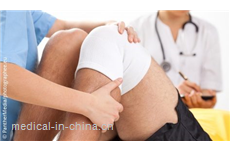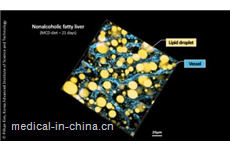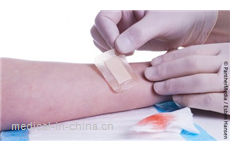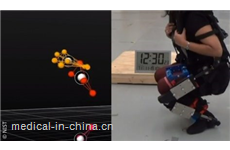
Researchers find way to speed up nerve regrowth for trauma patients
Electrical stimulation a week before surgery causes nerves to regenerate three to five times faster, leading to better outcomes.

Inside the company at the forefront of China's push to develop a coronavirus vaccine
Inside the white, sterile walls of a new building on the southern outskirts of Beijing, two employees donning masks and rubber gloves are busy pipetting a clear, colorless liquid into rows of small vials.

Microscopy approach offers new insights into liver disease
Researchers have developed a new way to visualize the progression of nonalcoholic fatty liver disease (NAFLD) in mouse models of the disease. The new microscopy method provides a high-resolution 3D view that could lead to important new insights into NAFLD, a condition in which too much fat is stored in the liver.

A wound dressing that kills bacteria
In order to combat bacterial wound infections, Empa researchers have developed cellulose membranes equipped with antimicrobial peptides. Initial results show: The skin-friendly membranes made of plant-based materials kill bacteria very efficiently.

Exoskeleton research marches forward with study on fit
A shoddily tailored suit or a shrunken T-shirt may not be the most stylish, but wearing them is unlikely to hurt more than your reputation. An ill-fitting robotic exoskeleton on the battlefield or factory floor, however, could be a much bigger problem than a fashion faux pas.